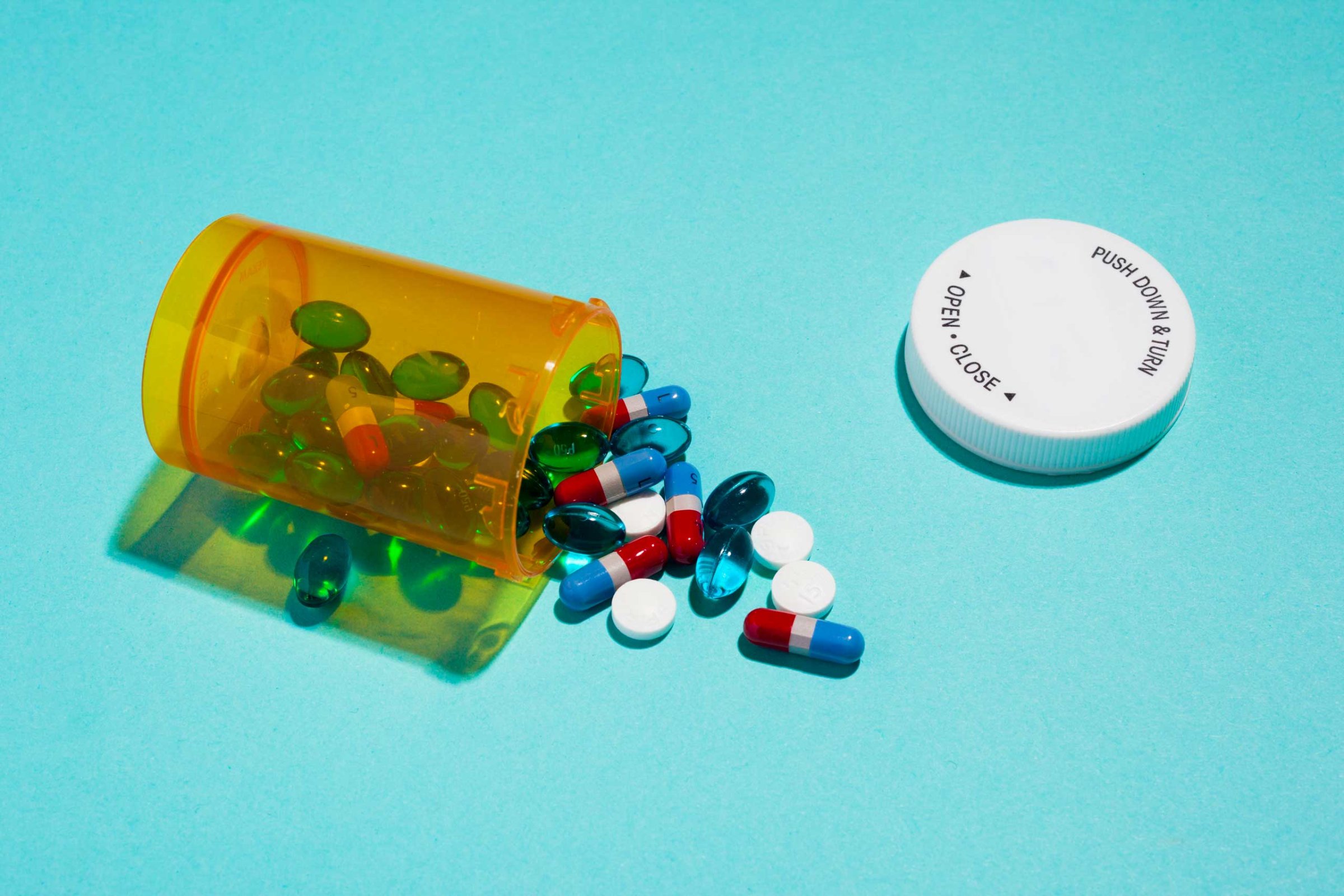
Dermatologists received more than $34 million from industry in 2014, and most of that money came from pharmaceutical companies, according to a new study published in JAMA Dermatology.
Researchers in the study mined the Centers for Medicare and Medicaid Services Sunshine Act Open Payment database, which lists payments that dermatologists receive from companies making products that are reimbursed by a government-run health program. In 2014, the database’s first full year of financial data, 8,333 dermatologists received more than 208,000 payments. The top 10% of dermatologists received 90% of the total payments.
“At the center of all this is [the patient’s] concern about dishonesty and selfishness,” says says Dr. Hao Feng, the study’s first author and a dermatology resident at NYU Langone Medical Center.
Most of the payments were for food and beverage, but that’s not where the big money was spent. Speaker fees, consulting fees and payments for research represented 70% of the total money spent. The top 15 companies were all pharmaceutical manufacturers. Studies on other branches of medicine reveal that receiving industry payments and meals was linked to increased prescribing of brand-name medications, the authors write.
“Recently there has been an increased amount of scrutiny on industry and physician interaction and an increased emphasis on the disclosures of these interactions,” says Dr. Hao Feng, the study’s first author and a dermatology resident at NYU Langone Medical Center.
“Previous studies have shown that when a physician does consulting for a company, the patients may view these physicians as being a prominent leader in the industry,” Feng says. But it change their mind negatively, too—especially when it comes to food and beverage payments. Past research suggests that these types of industry ties can affect how a patient sees his or her doctor.
The payment amounts are likely even higher, since many devices and medications aren’t compensated through government programs and therefore wouldn’t be subject to disclosure. More research is needed to find out exactly how these payments are affecting patient care.
More Must-Reads from TIME
- Donald Trump Is TIME's 2024 Person of the Year
- Why We Chose Trump as Person of the Year
- Is Intermittent Fasting Good or Bad for You?
- The 100 Must-Read Books of 2024
- The 20 Best Christmas TV Episodes
- Column: If Optimism Feels Ridiculous Now, Try Hope
- The Future of Climate Action Is Trade Policy
- Merle Bombardieri Is Helping People Make the Baby Decision
Write to Mandy Oaklander at mandy.oaklander@time.com